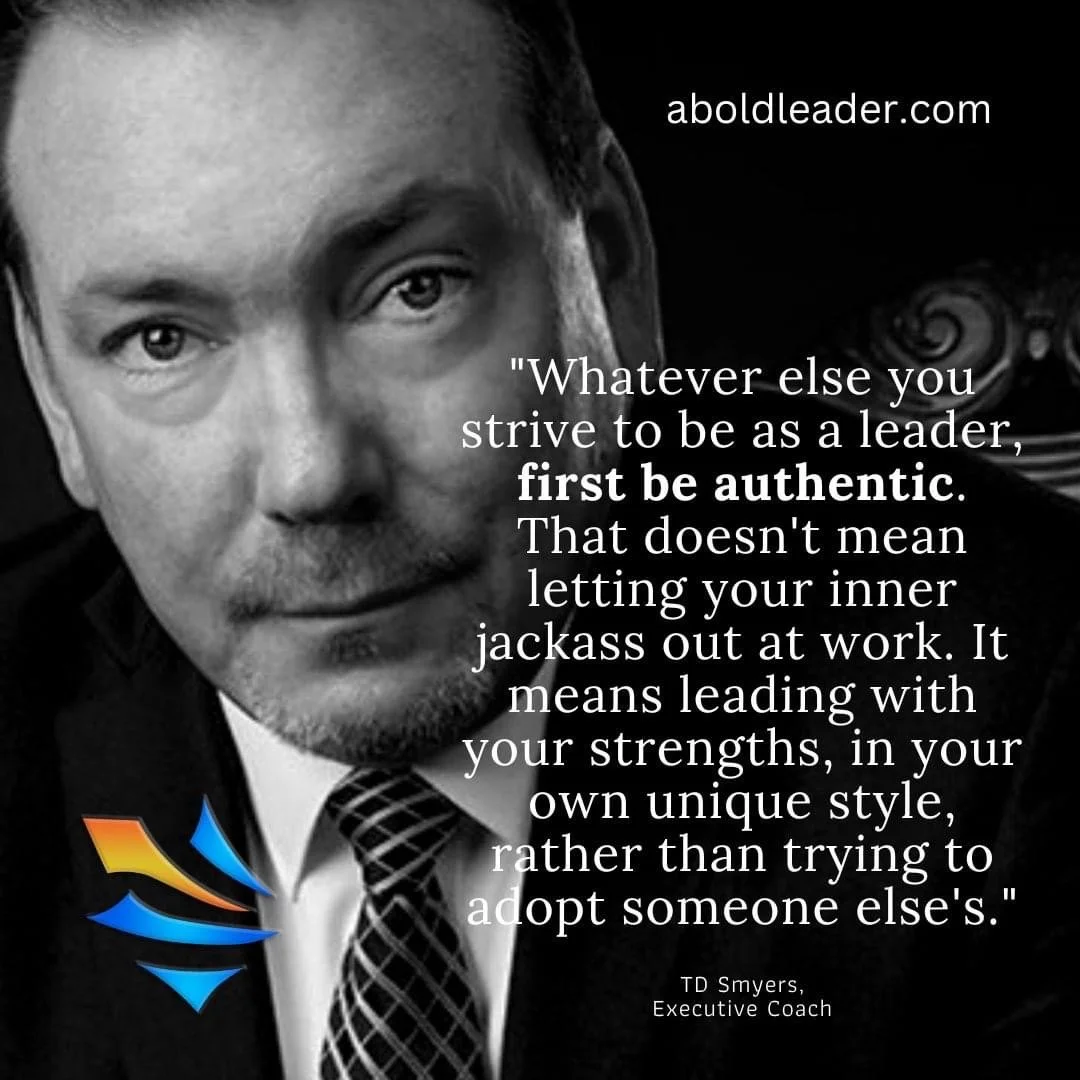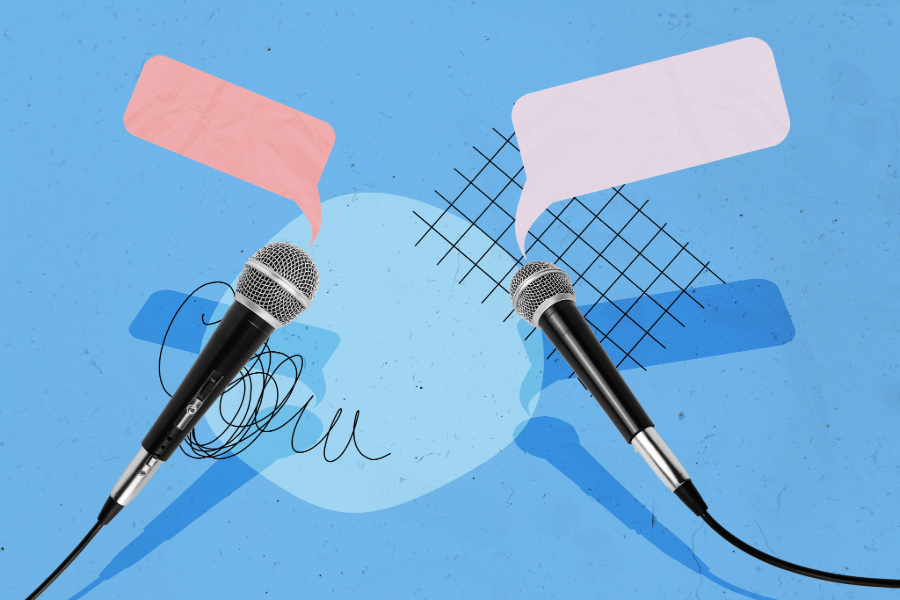When Your Authentic Self at Work is Inappropriate
Full-throttle authenticity in the workplace, while linked to greater employee productivity, positivity, and trust, can also yield suboptimal results. Well-intentioned businesses with corporate cultures that ask employees to bring their ‘whole selves’ to work may not fully realize what that entails.
The Whole Self
Psychology Today generally defines authenticity as follows:
“Being authentic means that you act in ways that show your true self and how you feel. Rather than showing people only a particular side of yourself, you express your whole self genuinely.”
In an interview with Forbes, Mike Robbins, author of Bring Your Whole Self to Work, defines authenticity as:
“Honesty, without self-righteousness, and with vulnerability. I call this the authenticity equation (Honesty – Self-Righteousness + Vulnerability = Authenticity). Authenticity is the foundation of bringing our whole selves to work.”
The Role Self
Contrary to popular belief, an article in The Economist’s Bartleby column argues,
“No one should actually bring their whole selves to work. People are a melange of traits, [many of which] should be kept well away from the workplace… Pretending to be someone you are not is not a problem; it’s essential… You have to bring your role self.”
Case in Point: Below Deck Sailing
Consider this scene from Bravo’s reality show, Below Deck Sailing, which takes place on a luxury sailing yacht off the coast of Menorca, Spain, in Season 3.
At the onset of the charter, one guest, Romeo, says to the stewardess, Ashley, “I hope you’re OK with this, but we’ve kind of nicknamed you ‘Smashley’ already.” Ashley replies, “I fell face-first out of my [top bunk] bed. I was sh*tfaced. You don’t need to tell me twice!”
The New York Magazine’s Vulture sums up the scene well:
“These guests clearly want the crew to be their friends and inform Ashley that they’ve already christened her ‘Smashley’… She takes the nickname with stride but fumbles the bag by revealing how she fell out of her bed while [inebriated]. Let’s keep it professional, Smash!”
Smashley’s boss, Daisy, overhears her conversation and pulls her aside after the less-than-ideal encounter with luxury yacht clients. Daisy gives her a bit of advice:
“With these guests, they want to walk away feeling like they made a friend. But they also want to walk away like they had five-star service… I want to trust that you’re being professional.”
Conclusion
The Economist’s Bartleby column reminds us that “you need to be friendly to be a good colleague, but you don’t need to be friends. You need to be capable of empathy, but you don’t need to constantly emote. You have to turn up, try hard, and play your part.”
Although the Below Deck Sailing scene doesn’t take place in an office, it is a good (and humorous) reminder that our colleagues don’t need to know about our authentic Friday night selves.





In an era defined by AI, shrinking attention spans, and digital noise, three lessons from journalism offer powerful guidance for modern professionals. From leveraging AI wisely to acknowledging bias and practicing intentional listening, these human skills are becoming more valuable—not less.